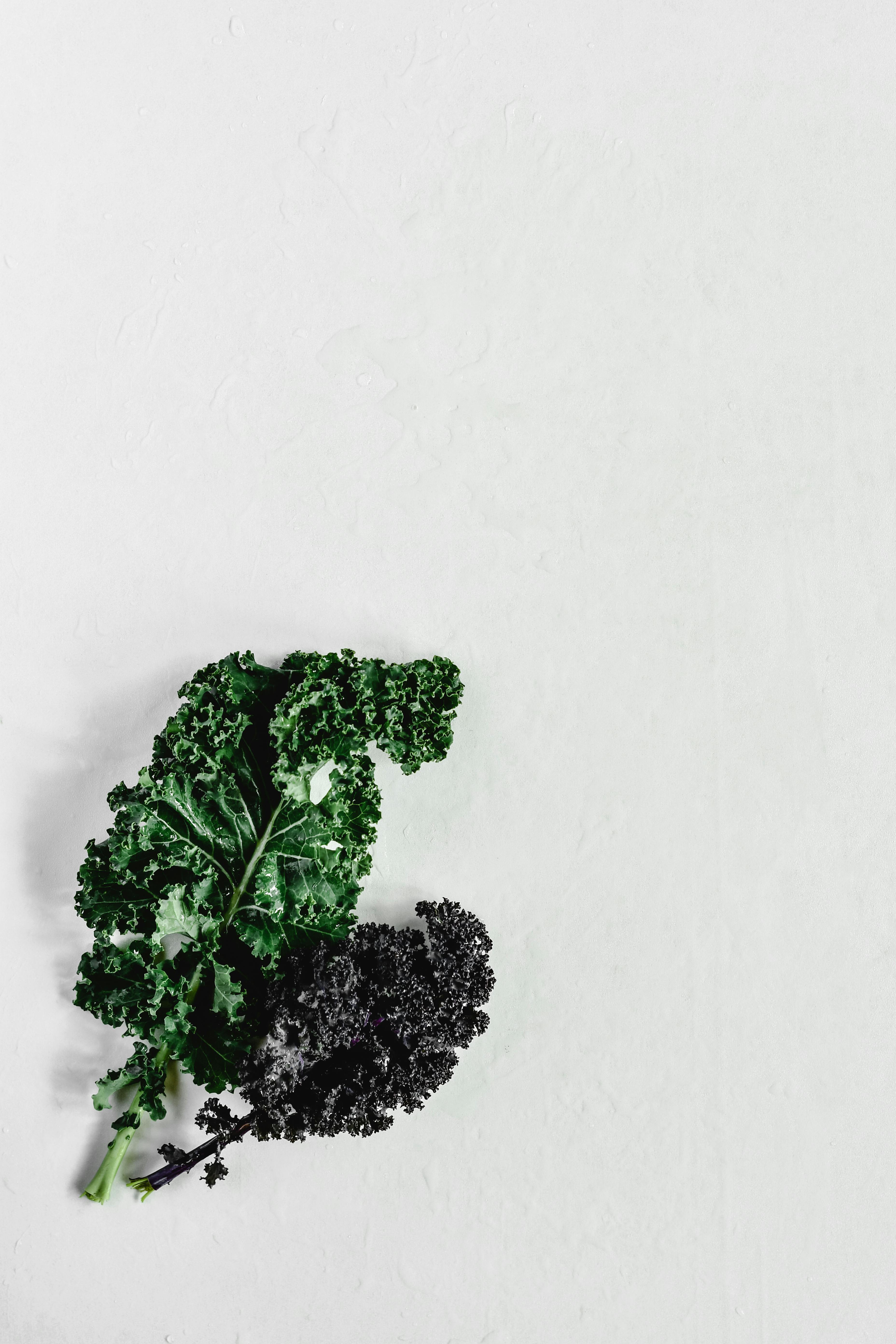Essential Guide to Understanding if Eggs are Vegetarian in 2025
The question of whether eggs are vegetarian has stirred debate among food enthusiasts, health experts, and vegetarians themselves. As plant-based diets continue to gain popularity, understanding the role of eggs in vegetarianism is essential for anyone interested in a vegetarian lifestyle. This article explores the health benefits of eggs, their nutritional value, and how they fit into various vegetarian diets while addressing common misconceptions surrounding their consumption.
As we delve into the complexities of vegetarianism, readers will be informed about ethical concerns regarding egg production, the types of vegetarian diets that include eggs, and how to include them healthily in meals. Additionally, we'll discuss vegan alternatives to eggs and explore egg-based recipes that cater to those following a vegetarian lifestyle. Join us on this journey to gain insights into the culinary and nutritional aspects of eggs within the context of vegetarianism.
Key takeaways include a deep understanding of the health implications of egg consumption, ways to ethically source eggs, and how to integrate eggs into a well-balanced vegetarian diet.
Understanding Vegetarianism and Eggs
To comprehend whether eggs are considered vegetarian, it's important first to define vegetarianism and its various forms. Vegetarianism typically involves abstaining from meat, but the degree of restriction varies among individuals. Lacto-vegetarians, for instance, consume dairy products but avoid eggs, while ovo-vegetarians include eggs in their diets.
This naturally leads us to the question: are eggs vegetarian? The answer largely depends on personal beliefs and definitions surrounding vegetarianism. Many argue that eggs, being animal by-products without causing direct harm, may fit within a vegetarian framework if sourced ethically.
Common misconceptions about vegetarianism often arise, particularly concerning the dietary inclusion of eggs. Some individuals hold onto the belief that all vegetarians must avoid eggs entirely, which is not true. Understanding the nuances of vegetarian diets helps clarify these myths.

Types of Vegetarian Diets
There is a spectrum of vegetarian diets, each with its own principles and restrictions. Lacto-vegetarians consume dairy but no eggs, while ovo-vegetarians eat eggs but avoid dairy. Flexitarians occasionally include meat, affecting their meal planning strategies and protein intake. Then there are vegans, who strictly avoid all animal products, including eggs. This diversity underscores that not all vegetarians perceive the role of eggs the same way.
The role of eggs in different vegetarian diets is vital for meal planning. For instance, someone following an ovo-vegetarian diet can utilize eggs as a significant protein source while also benefiting from their nutritional value. On the other hand, strict vegetarians might focus exclusively on plant-based proteins.
With dietary choices growing increasingly nuanced, it's essential for individuals to assess their personal beliefs and health needs to determine their stance on eggs and vegetarianism. This adaptation highlights the diversity within vegetarian frameworks and the allowances made for incorporating eggs into their diets.
The Ethical Eating Debate
When discussing eggs in vegetarianism, ethical considerations play a hefty role. The debate covers animal welfare concerns regarding egg production methods. Many conscientious eaters seek ethically sourced eggs, such as pasture-raised or organic varieties, which emphasize humane treatment of hens. These practices align with the principles of ethical eating, emphasizing care for animals and sustainability.
Exploring ethical eating, we find ways to source eggs responsibly while still adhering to personal dietary choices. Many argue that selecting ethical eggs aligns with vegetarian values, as they don't endorse factory farming practices that compromise animal welfare.
Thus, this conversation invites individuals to weigh the ethical implications of their food choices, nurturing an informed perspective on the consumption of eggs in vegetarian diets.
Nutritional Benefits of Eggs
Eggs offer numerous health benefits, taking center stage as a protein source in vegetarian diets. One large egg contains about 6 grams of high-quality protein, which is crucial for maintaining muscle mass and overall health. This aspect is particularly beneficial for athletes and those on protein-conscious diets.
The nutritional value of eggs doesn't stop at protein. They also provide essential vitamins and minerals, including B12, choline, selenium, and omega-3 fatty acids (when sourced from omega-3 enriched or pasture-raised hens). These nutrients support brain health, heart health, and overall well-being.

Eggs and Vegetarian Protein Sources
Understanding protein-rich vegetarian foods can help promote a balanced diet. While there are numerous vegetarian-friendly proteins available, such as legumes, nuts, and quinoa, eggs stand out due to their complete protein profile. This means they contain all nine essential amino acids needed for human health.
Incorporating eggs into meals can significantly enhance vegetarian protein intake without relying solely on other plant sources. For instance, adding eggs to salads or using them as a base for dishes like vegetarian omelettes can easily boost protein and nutritional content, catering to those needing more substantial energy levels, such as athletes.
The egg's versatility makes it an excellent addition to vegetarian meal ideas. Think of egg-based sauces or simple egg dishes for breakfast, elevating meals while ensuring adequate protein consumption.
Eggs in Vegetarian Cooking Techniques
Cooking with eggs opens a plethora of culinary uses in vegetarian cuisine. From baking without eggs using substitutes to creating signature egg-based dishes, such as frittatas or quiches, eggs add texture and flavor to various vegetarian recipes.
Techniques such as poaching, boiling, or frying eggs can transform them into delightful meals. However, knowing how to cook eggs perfectly is crucial to achieving optimal flavor and texture. Cooking them with care avoids common mistakes, such as overcooking, which can lead to rubbery whites or crumbly yolks.
Adapting vegetarian cooking techniques to include eggs allows for creative uses in cooking. This adaptability encourages experimentation in the kitchen while remaining aligned with dietary preferences.
Including Eggs in a Vegetarian Meal Plan
For those who choose to include eggs in their diet, there are numerous ways to incorporate them into a vegetarian meal plan effectively. Start with basic vegetarian breakfast ideas that feature eggs at the forefront, such as soft-boiled eggs on toast or omelette variations loaded with vegetables.
This naturally leads to a more detailed peek into how to include eggs in various meals throughout the day. Eggs can serve as a hearty base for lunch salads or a protein boost in soups, ensuring that meals are rich in nutrients while satisfying hungry vegetarians.
Understanding Egg Substitutes
Not every vegetarian prefers to use eggs in recipes. For those who abstain, understanding egg substitutes becomes crucial to maintaining culinary diversity. Egg substitutes like flaxseed meal, silken tofu, and commercial egg replacers can replicate the binding and moisture that eggs provide in various preparations.
The debate on eggs in vegetarianism often leads some to seek creative alternatives, particularly for baking. Using egg substitutes can help achieve similar textures in cakes and cookies without compromising on taste.
By recognizing the importance of egg substitutes, vegetarians can showcase their culinary creativity while remaining true to their dietary principles. This flexibility bolsters their dining experiences and promotes variety in their meal planning.
Health Concerns and Cholesterol in Eggs
Health risks associated with egg consumption commonly arise in discussions about eggs and vegetarian diets. One concern is cholesterol, as one large egg contains approximately 186 mg of cholesterol, which can raise awareness about its inclusion in one's diet. However, recent studies suggest that dietary cholesterol affects blood cholesterol levels minimally for most individuals.
Understanding the implications of eating eggs becomes essential for health-conscious vegetarians. Monitoring global health guidelines can provide insights into balanced egg consumption while considering individual dietary needs.
Cholesterol aside, eggs also offer essential nutrients that play vital roles in overall health, including promoting gut health through beneficial fat-soluble vitamins. By weighing the pros and cons of egg consumption, vegetarians can better navigate health-related discussions regarding their dietary patterns.

Q&A Section: Common Questions
Can vegetarians eat eggs?
Yes, many types of vegetarians, such as ovo-vegetarians, include eggs in their diets while avoiding meat and fish.
Are eggs cruelty-free?
It depends on the source. Sourcing eggs ethically from pasture-raised farms ensures humane treatment of hens.
What are popular vegetarian meal ideas featuring eggs?
Creative options include vegetarian omelettes, frittatas, and egg-based breakfast burritos.
Can I use egg substitutes in baking?
Yes, several egg substitutes work well in baking, such as flaxseed meal and silken tofu.
Are eggs a good protein source for vegetarians?
Yes, eggs provide high-quality protein along with essential nutrients important for a balanced vegetarian diet.
Understanding the complexities surrounding eggs in vegetarianism enhances one's approach to dietary choices. By incorporating eggs while upholding personal beliefs, individuals can enjoy the benefits eggs offer, fostering a well-rounded vegetarian experience.
